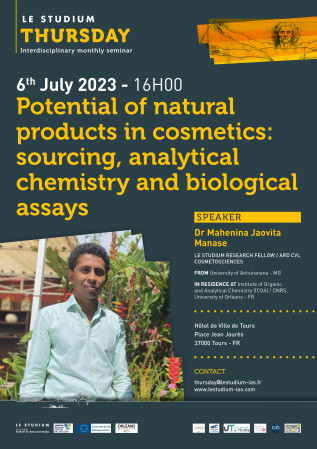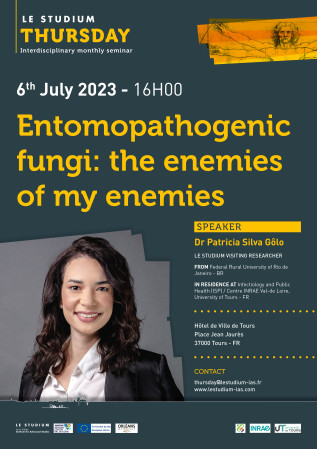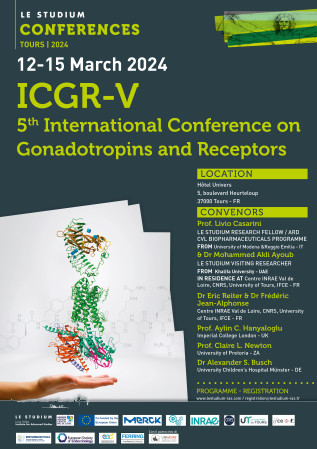Éverton Kort Kamp Fernandes is and Associate Professor of Parasitology at the UFG, and a researcher at the National Council for Scientific and Technological Development (CNPq) of Brazil. His main research interest is the biological control of ticks with entomopathogenic fungi, with emphasis in fungal formulation, efficacy of bioproducts, tolerance of entomopathogenic fungi to environmental stresses, and defence mechanisms of ticks to fungal infection. He hods a degree in Veterinary Medicine, and a master's and PhD in Veterinary Science from Universidade Federal Rural do Rio de Janeiro.
I am a biologist originally from the UK (BSc Southampton, MSc Bristol, PhD Imperial), having worked at EMBRAPA and the Universities of Amsterdam, Gloucestershire and now Viçosa. I have worked on arthropod-pathogenic fungi for classical and inundative biological control programmes (cassava green mite and locusts) and more recently on fungi associated with leafcutter ants.
Dr Italo Delalibera Jr. is a professor in the Department of Entomology and Acarology at the University of São Paulo in Piracicaba-SP, Brazil. Ph.D. in Entomology at Cornell University (1998-2002) and post-doctorate research associate at the University of Wisconsin (2002-2003). His leading research is on microbe-arthropod interactions, with an emphasis on microbial control of agricultural pests.
Johanna Mappes is an evolutionary ecologist and her research focuses on predator-prey interactions, aposematic signals and mimicry in chemically defended prey and the evolution of signal polymorphism. Her main study species is the polymorphic, aposematic wood tiger moth (Arctia plantaginis) and their bird predators. Her lab consists of researchers from the fields of molecular biology, sensory ecology, chemical ecology, behavioral ecology and evolutionary ecology.




